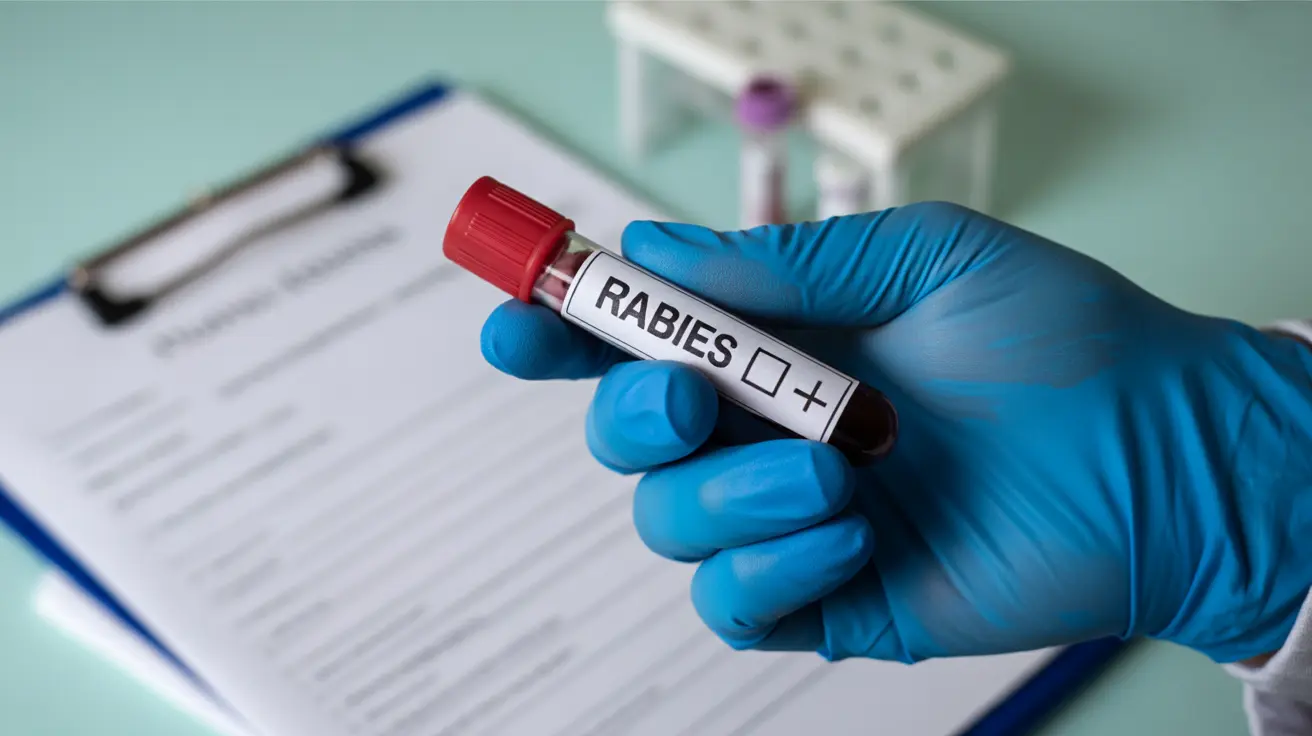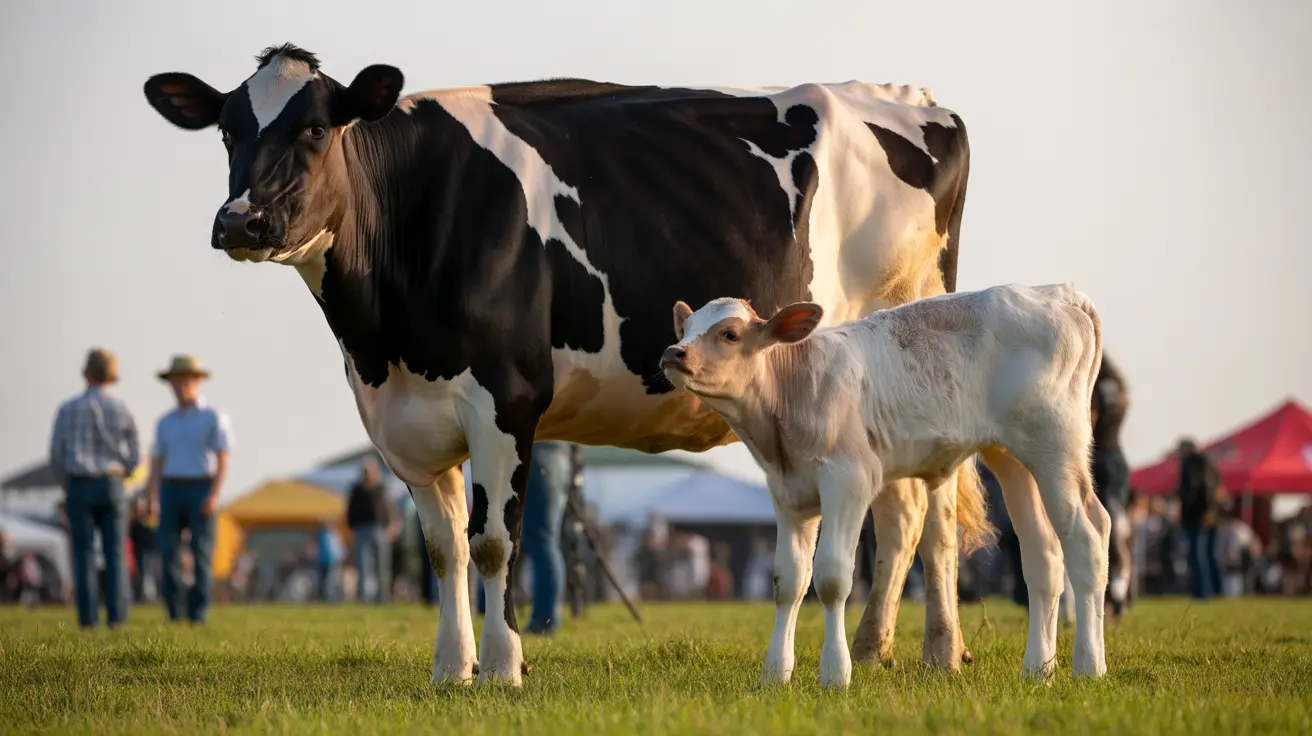As our feline friends live longer thanks to advances in veterinary medicine and nutrition, understanding when a cat becomes a senior is crucial for providing the best possible care. This comprehensive guide will help you recognize the senior stage in your cat's life and learn how to support them through their golden years.
Whether you've had your cat since kittenhood or recently adopted an older pet, knowing the benchmarks for senior status will help you make informed decisions about their health, diet, and lifestyle needs.
Understanding Senior Cat Age Classifications
Most veterinary professionals classify cats as seniors between 7 and 10 years of age. However, the American Association of Feline Practitioners (AAFP) specifically designates cats as seniors once they reach 10 years old. Cats over 15 years are typically considered "geriatric" or "super seniors."
To put this in perspective, a 7-10 year old cat is roughly equivalent to a 44-56 year old human. By the time they reach 15, they're comparable to a human in their mid-70s.
Physical Signs of a Senior Cat
As cats enter their senior years, they often exhibit various physical changes that signal the aging process:
- Changes in weight (either gain or loss)
- Reduced mobility and difficulty jumping
- Vision changes, including developed brown spots in the eyes
- Decreased grooming habits
- Brittle nails and dental issues
- Changes in sleep patterns
- Altered vocalization
Health Considerations for Aging Cats
Senior cats face an increased risk of several health conditions that require vigilant monitoring:
- Kidney disease
- Arthritis and joint problems
- Thyroid disorders
- Dental disease
- Heart conditions
- Diabetes
- Cognitive dysfunction
Regular veterinary check-ups become increasingly important during these years, with most experts recommending visits every six months rather than annually.
Supporting Your Senior Cat's Quality of Life
Making appropriate lifestyle adjustments can significantly impact your senior cat's comfort and well-being:
- Provide easy access to litter boxes, possibly with lower sides
- Create comfortable resting spots at ground level
- Maintain a consistent routine to reduce stress
- Consider special senior-formulated foods
- Keep them mentally stimulated with gentle play sessions
- Monitor water intake and bathroom habits
Preventive Care and Monitoring
Proactive health management becomes crucial during the senior years. Work with your veterinarian to establish a comprehensive care plan that includes:
- Regular blood work and urinalysis
- Blood pressure monitoring
- Dental evaluations
- Weight management strategies
- Pain assessment and management
- Mental acuity monitoring
Frequently Asked Questions
At what age is a cat officially considered a senior by veterinarians?
Most veterinarians consider cats to be seniors between 7-10 years of age, with 10 years being the most widely accepted threshold for senior status.
What physical and behavioral signs indicate my cat is entering its senior years?
Key signs include reduced activity levels, changes in grooming habits, difficulty jumping, altered sleep patterns, and possible changes in appetite or litter box habits.
How often should I take my senior cat to the vet for check-ups and screenings?
Veterinarians recommend bi-annual check-ups for senior cats (rather than annual visits) to catch potential health issues early.
What common health issues should I watch for in my senior cat?
Monitor for signs of kidney disease, arthritis, thyroid problems, dental issues, vision changes, and cognitive dysfunction. Any sudden changes in behavior or physical condition should be evaluated by a vet.
How can I best care for my cat as it ages from mature to geriatric stages?
Provide easy access to necessities, maintain regular vet check-ups, consider dietary adjustments, ensure comfortable resting spots, and maintain gentle physical and mental stimulation appropriate for their age and ability.
With proper care and attention, senior cats can maintain a high quality of life well into their golden years. Understanding their changing needs and providing appropriate support will help ensure your feline friend stays happy and comfortable throughout their senior life stage.






